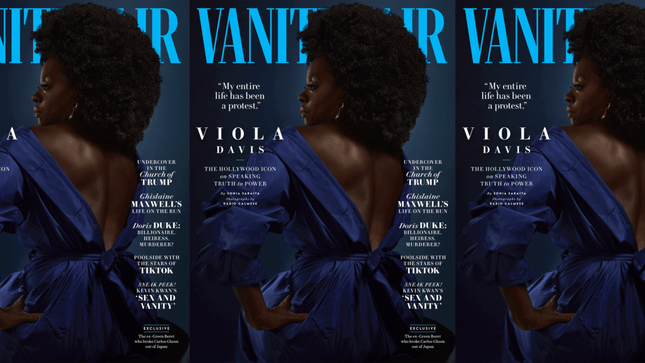Viola Davis Says She Feels Like She 'Betrayed' Herself by Filming The Help
Entertainment

Viola Davis looks like a goddess on the cover of Vanity Fair’s July/August issue, where she talks about finding her voice and expands on why she deeply regrets her role in The Help.
The film, which starred Emma Stone as an aspiring southern journalist, was adapted from a book of the same name that centered the experiences of white women in relation to their maids. Aibileen, the character played by Davis, is the hero of the story but is pushed to the side in favor of highlighting a white narrative, set in Mississippi.
-

-

-

-

-

-

-

-

-

-

-

-

-

-

-

-

-

-

-

-

-

-

-

-

-

-

-

-

-

-

-

-

-

-

-

-

-

-

-

-








































